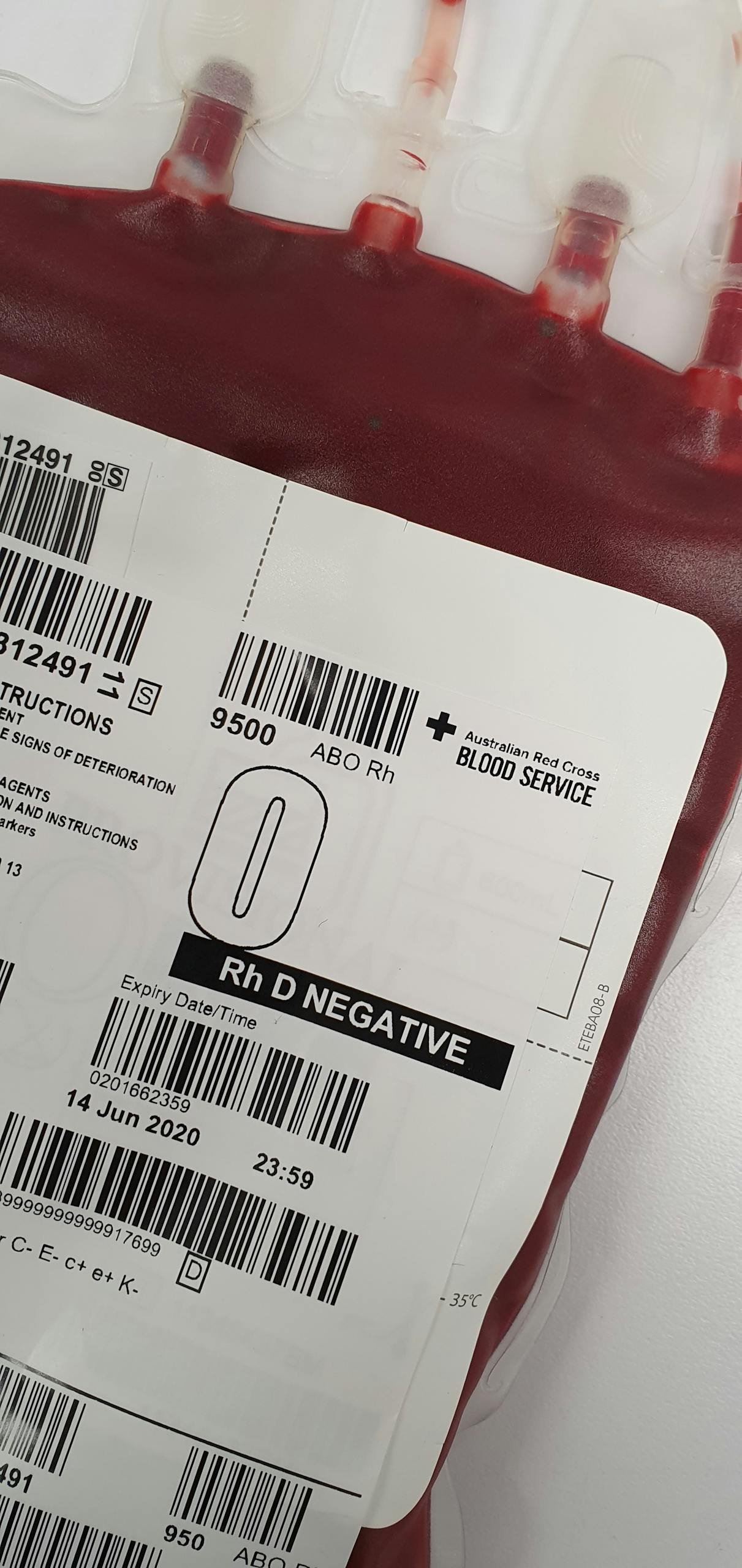15 O Positive Blood Type Facts
O Positive Blood Type Facts
O-type blood is one of the most common and important blood types in the world. Known as the universal donor, individuals with O-negative blood can donate to people of all other blood types, making it especially crucial in emergencies and for blood transfusions. People with O-positive blood are also highly sought after, as their donations are compatible with most other blood types. Understanding the unique characteristics of O-type blood, including its inheritance patterns and impact on health, is essential for yourself, medical professionals and the general population.
Here are 15 facts about O positive blood type.
Most common blood type
O positive is the most common blood type, making up about 37-40% of the world’s population.
Universal donor for plasma
While O positive is not the universal donor for blood, people with this type can donate plasma to individuals of any blood type.
Can donate to positive blood types
O positive individuals can donate blood to people with positive blood types (A+, B+, AB+, and O+).
Can receive from O types only
People with O positive blood can receive blood only from O positive or O negative donors.
Critical for trauma care
O positive blood is often in high demand in emergency rooms because it is widely compatible with other positive blood types.
Inherited from parents
O positive blood is inherited from parents, with at least one of them having an O allele and the positive Rh factor.
Common in all ethnic groups
O positive blood is common across all ethnic groups, though the exact percentage may vary among populations.
No A or B antigens
O positive blood lacks A and B antigens on red blood cells, which helps prevent certain immune responses during transfusions.
Presence of Rh factor
O positive blood has the Rh factor (a protein found on red blood cells), which distinguishes it from O negative blood.
Versatile for organ donation
O positive individuals are often good organ donors, as their blood type is compatible with many others.
Resistant to some diseases
Some studies suggest that people with O blood type, including O positive, may be less susceptible to certain diseases, such as malaria.
Higher fertility rates
Research indicates that women with O blood type may have slightly higher fertility rates compared to those with A or B blood types.
Lower risk of blood clots
O positive individuals are thought to have a lower risk of developing blood clots compared to people with A, B, or AB blood types.
Popular in blood drives
Due to its wide compatibility, O positive blood is highly sought after in blood drives and donation campaigns.
Essential in childbirth
O positive blood can sometimes play a critical role in childbirth, particularly if the baby has a different Rh factor, necessitating careful monitoring for Rh incompatibility.
These facts highlight the significance and versatility of O positive blood type.
